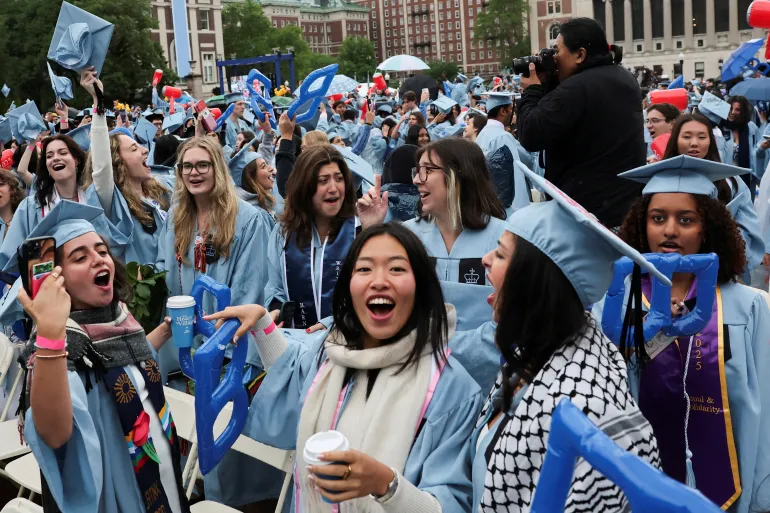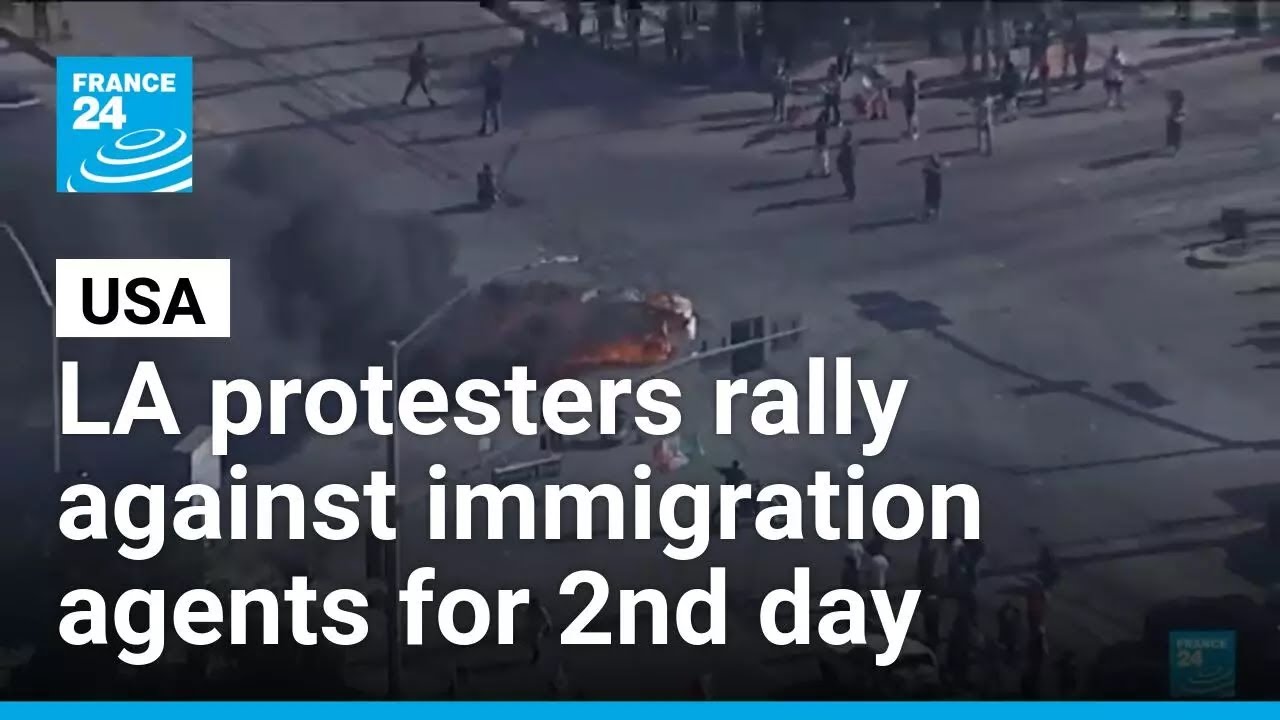Chinese students across the United States are facing escalating anxiety following a wave of uncertainty triggered by the Trump administration’s recent visa policy changes. Amid heightened tensions between Washington and Beijing, many students now fear abrupt revocations of their legal status and forced departures.
President Donald Trump’s push to tighten visa restrictions for Chinese nationals—citing concerns over national security and intellectual property theft—has had profound effects on the academic and personal lives of thousands of international students. While no official executive order has been publicly released yet, recent public remarks from Trump and administration sources suggest imminent actions that could lead to large-scale visa reviews and potential expulsions.
The chilling effect is already visible on campuses nationwide. Students interviewed by Al Jazeera expressed growing panic over whether they will be able to complete their studies, secure internships, or remain in the U.S. legally. Some universities have begun providing legal guidance and emotional support to their Chinese students, many of whom feel singled out due to their nationality.
“I wake up every morning worrying whether I’ll get an email saying my visa is revoked,” said one doctoral student at a California university who requested anonymity. “We’re being treated like suspects for things we haven’t done.”
Universities and academic organizations have voiced strong opposition to the proposed measures. Several prominent institutions—including Harvard, MIT, and Stanford—have called for the federal government to reconsider the broad visa targeting, warning that such actions would severely harm U.S. research output and global reputation.
The Trump administration, however, maintains that stricter oversight of Chinese students is necessary to protect sensitive technologies and uphold U.S. interests. Speaking at a recent rally, Trump accused Chinese scholars of infiltrating U.S. universities “to steal our secrets.” The comments have since sparked backlash and fears of rising xenophobia.
Advocacy groups have warned that the policies could lead to racial profiling and discrimination, placing undue burden on individuals who have followed all legal protocols. Lawyers report a spike in consultations from Chinese students seeking clarification or help with contingency plans.
“We’re seeing a wave of fear unlike anything before,” said an immigration attorney in New York. “Many students are afraid to speak publicly or even attend protests out of fear it’ll be used against them in future immigration reviews.”
China’s foreign ministry has condemned the U.S. moves, calling them unjust and politically motivated. Beijing has urged Washington to “stop politicizing education” and warned of consequences for bilateral relations if the crackdown continues.
In the absence of formal announcements, speculation is fueling widespread unease. Many students are now contemplating early graduation, transferring to institutions in Canada or Europe, or returning to China under uncertain futures.
The broader impact of the visa tightening remains to be seen, but academic leaders warn that U.S. higher education could face long-term damage if international students perceive the country as unwelcoming or hostile.
As debates over national security and global cooperation intensify, Chinese students in the U.S. find themselves caught in the crossfire—navigating both policy shifts and a growing climate of suspicion.



